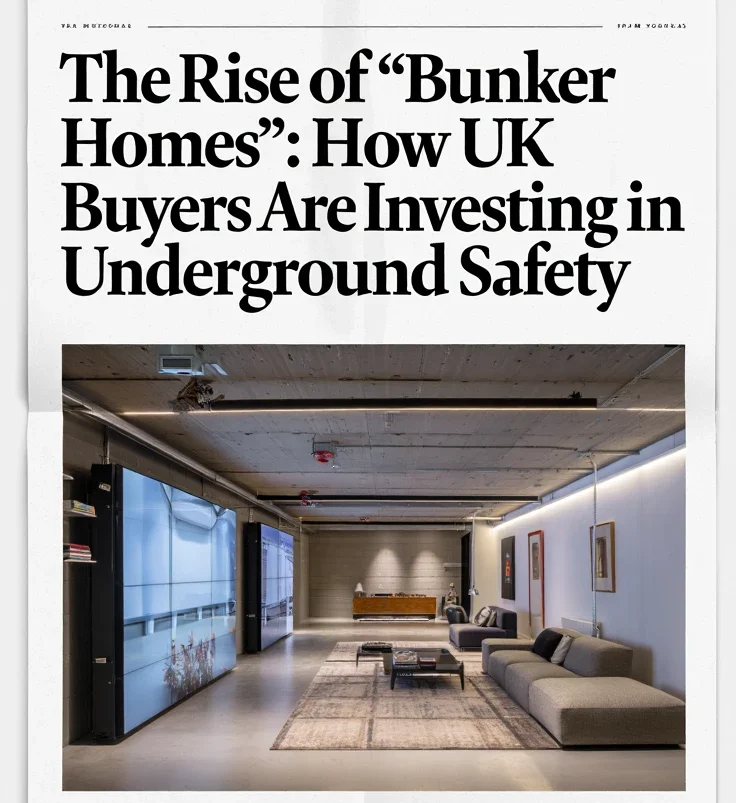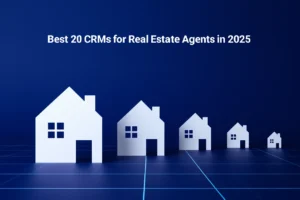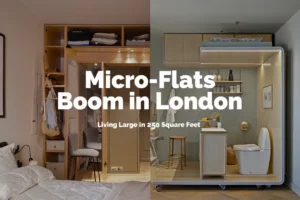Exploring the surge in UK property buyers seeking bomb shelters and underground bunkers amid geopolitical uncertainty.
Human Instinct Meets Home Design
In the current climate of global tensions and unpredictable disasters, traditional home features like an open-plan kitchen or garden are no longer the only selling points. Increasingly, buyers are asking agents questions such as, “Can this house be adapted to include a bomb shelter?” or “Is there space for an underground safe room?”
This evolving mindset reflects a growing need for tangible security. It’s no longer a fringe concern, it’s conversation-worthy.
“Homes are becoming more than living spaces—they’re becoming fallback plans,” explains Deepak Shukla, founder at Pearl Lemon Properties. “Clients ask about bunkers like they used to ask about basements or attics. That shift tells you a lot about what people are thinking inside.”
Quantifying the Underground Buzz
Demand in the UK has clearly spiked. A report in The Week notes a growing appetite for nuclear shelters, describing a sharp rise in personal bunker purchases, even as experts question their practical effectiveness. Similarly, The Sun cites a 30% increase in requests for bunker construction over recent months, attributing the surge to fears driven by Russia’s aggression.
Meanwhile globally, the underground bunker market is expanding rapidly, valued at USD 24.64 billion in 2023, expected to reach USD 43.68 billion by 2029, growing at a compound annual rate near 10%.
In Europe, the wider bomb-shelter market is projected to grow at a 6.18% CAGR between 2024 and 2030.
Luxury bunker providers like Switzerland’s Oppidum Bunkers report wealthy clients investing €7 million+ for underground sanctuaries complete with swimming pools and art galleries.
In the UK, luxury-style bunkers described as “a suite in Claridge’s” sell for £130,000 to over £3 million, and represent growing demand among upper-middle-class buyers as geopolitical and environmental worries climb.
Who’s Building Down? Buyer Profiles and Motivations
Several distinct groups are now investing in bunker-style homes:
- Security-Minded Families: Prioritizing a sheltered space for peace of mind during crises.
- High-Net-Worth Buyers: Treating bunkers like extravagant features, like home theaters, gyms, or underground lounges.
- Renovation Mundanity Seekers: Turning disused Cold War-era bunkers into quirky, livable spaces.
- Practical Utilities Fans: Using subterranean rooms for wine cellars or heatwave retreats.
Planning Pitfalls Beneath the Surface
Building underground isn’t as simple as digging a hole. UK planning regulations typically require permissions and adherence to building standards, especially concerning structural safety and flood risks.
Regulatory frameworks like the Civil Defence Act 1939 still legally empower councils to consider subterranean spaces as “development,” requiring oversight.
Reddit users who’ve discussed the issue often warn:
“Even deep basement extensions can be considered ‘development’ needing full planning—permitted development rights rarely cover underground escapes.”
Underground Bunkers UK, among other firms, advises that nearly all projects need rigorous permitting and safety compliance.
From Cold War Relics to Chic Retreats
Some of the most fascinating offerings are repurposed Cold War shelters.
A decommissioned nuclear post near Norfolk is coming to auction for £10,000–£20,000, with a respectable uptick in interest thanks to contemporary fears.
Meanwhile, renovations of other secretive bunkers are popping up in Yahoo Finance, showing stripped-down, stylish underground homes that blend history with modern charm.
Media Spotlight: Bunkers Go from Fringe to Headline
Across UK media, the bunker trend is becoming a hot story. The Telegraph chronicled how private shelter sales have exploded amid fears of nuclear conflict.
The Guardian framed luxury bunkers as the new ultimate yield of the 1%, featuring everything from fire moats to bunker cinemas.
Euronews spotlighted €7 million bunkers in Switzerland, revealing how existential anxiety is fueling extravagant bunker builds.
Mainstream or Momentary? The Future of Bunker Homes
Will bunker living go mainstream—or remain a high-end curiosity?
Shukla contends:
“Right now, it’s niche, but the fact agents list bunkers as property features means mentality shifts are happening. Future crises may make it less about prepping, more about home design.”
Some evidence supports this. Owners report using underground retreats during summer heatwaves as climate-cooled sanctuaries.
As infrastructure becomes more fragile, thanks to climate, geopolitical unrest, or energy volatility, underground designs may feel less eccentric and more wise by dint of utility.
Would-Be Buyers: A Practical Bunker Checklist
Thinking of going subterranean? Here’s a blueprint for safe planning:
- Check Planning Laws First: Extensions underground typically require permissions and regulation.
- Test Soils and Flood Risk: Safety and structural viability are paramount.
- Define Dual-Purpose Use: Combine function (e.g. storm shelter) with lifestyle (cinema, cellar) for value.
- Budget Wisely: Basic bunkers range from £10,000s, while luxury installations vault into hundreds of thousands or millions.
- Think Resale: Quirky features attract niche buyers, ensure approvals to maintain value.
Final Thoughts: Bunker Homes as a Metaphor for Stability
The bunker home craze signals more than prepping, it reflects deeper spikes in collective anxiety. These spaces are simultaneously practical, symbolic, and status-laden statements.
Shukla sums it up best:
“At the heart, a bunker isn’t just about hiding, it’s about control. It’s a private fortress in a world that feels increasingly unstable.”
Whether as refuge, playroom, or statement piece, underground homes remind us that modern security and style need not be mutually exclusive.
Citations
- Rising demand amidst fears despite expert skepticism (The Week)
- 30% spike in bunker requests linked to Russia tensions (The Sun)
- Global market growth: USD 24.64B (2023) → USD 43.68B (2029); ~10% CAGR (TechSci Research)
- Europe bomb shelter market 6.18% CAGR (2024–2030) (blueweaveconsulting.com)
- Luxury bunkers €7M+ examples (euronews)
- UK luxury bunkers £130K–£3M data (Financial Times)
- Planning regulation context and required permissions (blueweaveconsulting.com, TechSci Research, reports.valuates.com)
- Civil Defence Act and development definitions (Think Defence, reports.valuates.com)
- Reddit advice on planning (Think Defence, reports.valuates.com)
- Auctioned Cold War bunker £10K–£20K (The Sun)
- Stylish bunker transformations (Yahoo Finance UK)
- Telegraph on shelter sales boom (Telegraph)
- Guardian on billionaire bunker trends (The Guardian)
- Euronews on €7M bunker investment (euronews)
- Heatwave use of bunkers (Financial Times, The Sun)





